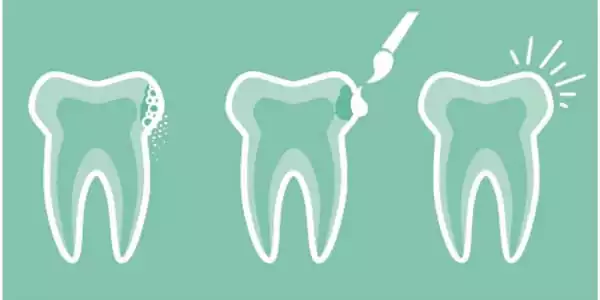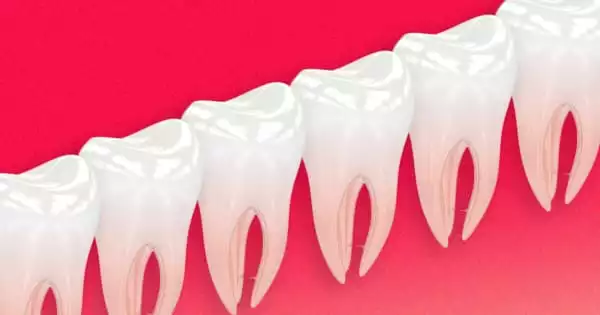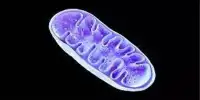Our teeth are constantly under attack throughout our lives. Bacterial pathogens feed on food particles in the mouth, especially sugar. This results in the formation of by-products that wear away at the surface of the teeth, eventually causing tooth decay. Once tooth enamel has been damaged, it cannot be repaired. However, weakened enamel can be partially restored by increasing its mineral content. Although toothpaste and mouthwashes cannot “rebuild” teeth, they can aid in the process of remineralization.
A group of scientists claims to have developed an experimental lozenge, similar to a breath mint, which could regrow tooth enamel and strengthen teeth.
According to a university press release, researchers from the University of Washington are preparing to launch clinical trials to test the lozenges, which are coated with genetically engineered protein building blocks that are expected to bind to the user’s teeth and add a tiny layer of fresh enamel. If it works, it could be the first treatment that actually regrows enamel rather than just preserving and repairing what you have.
A team of scientists says they have developed an experimental lozenge, kind of like a breath mint, that could regrow your tooth enamel and strengthen your teeth.
The mints have already been tested on teeth extracted from humans, pigs, rats, and live rats. During that preclinical research, they discovered that one mint per day should be sufficient to maintain tooth enamel in the face of normal wear and tear. Furthermore, the researchers believe that a second daily mint will actually reintroduce a few micrometers of new enamel to the teeth, reversing damage, but only future clinical trials will reveal if this is the case.
Enamel is the thin outer layer of teeth that protects the sensitive tissues within. However, a lifetime of chomping and sipping can stain, chip, and wear away that covering, making your teeth extremely sensitive to hot and cold. Even your favorite sugary treats can cause a twinge (if not a lightning bolt) of pain.

The hardest tissue in the body is tooth enamel. The problem is that because it is not living tissue, it cannot be naturally regenerated. Unfortunately, you cannot regrow it artificially, even with those special toothpaste. For the time being, your best bet is to focus on preserving the enamel you have. Brushing and flossing are essential, but so is a healthy diet: Carbonated beverages and sweets are obvious causes of enamel erosion, but there are numerous other obvious culprits to avoid (such as fruit juices, especially lemon juice).
The team, led by Mehmet Sarikaya, will soon begin clinical trials to put the tablets to the test. If the protein coating is successful, it will attach to the user’s teeth and add a thin layer of new enamel. “Each study will take two weeks, and we expect these trials to take no more than three months,” said Sami Dogan, a dentist at the University of Washington, in a press release.
The team used the basic building blocks of tooth enamel to create a peptide, or chain of amino acids, that was genetically designed with phosphorus and calcium ions. The peptide was derived from amelogenin, a protein that is required for the formation of tooth enamel.
If the mints, as well as the toothpaste and gels that the team plans to develop next, work as described, they will represent a significant advancement in dental care and maintenance because they shift the focus from enamel preservation to enamel restoration.
Even whitening strips and bleaches that are intended to give the appearance of healthier teeth can cause additional enamel damage and expose the underlying yellowish layer of dentin. Simply being able to regrow healthy enamel would vastly improve dental health and might even reshape the field of dentistry.















